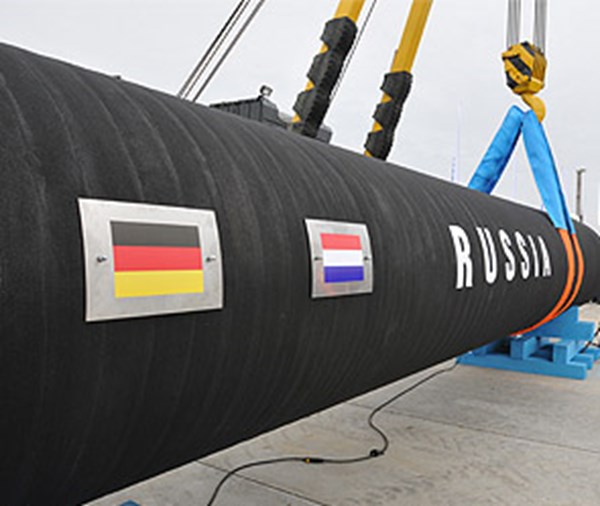Two high-ranking German officials suspected of having close ties with Russia after inconsistencies found in Nord Stream 2 documents
Two high-ranking officials in the Federal Ministry for Economic Affairs and Climate Action are suspected of having ties with Russia. Their case is handled by the Federal Office for the Protection of the Constitution of Germany (BfV).
According to the newspaper Die Zeit, in the spring, the trustees of the Federal Minister for Economic Affairs and Climate Protection, Robert Habeck, during the study of internal documents, found inconsistencies in documents on Nord Stream 2, volumes in the gas storage facilities, as well as a report on the security of Germany's gas supply.
These documents reflected Moscow's interests and did not correspond to the position of the German government. In particular, they stated that the nationalization of Gazprom Germania and providing financial support for the largest importer of Russian gas, Uniper, could face "obstacles".
After identifying the discrepancies, Habeck's confidants turned to BfV. Die Zeit writes that intelligence officers checked officials for possible ties to Moscow. In one case, they found that on of the officials had visited Russia to study. The newspaper writes that during the investigation it was found that both employees of the Ministry are "emotionally attached" to Russia, but evidence that they were Russian spies has not yet been found.
If the information about espionage in favor of Russia is not confirmed, then the Minister may be accused of trying to silence his critics within his Ministry. The Ministry for Economic Affairs and Climate Action declined to comment.
The intelligence agency also did not receive the right to listen to the phone calls of suspects and read their emails, because it could not confirm the validity of suspicions.
Germany advocated the construction of Nord Stream 2 before the Russian invasion of Ukraine. Because of Russia's invasion of Ukraine, Germany refused to launch the pipeline and announced that it would be gradually removing its dependence on Russian gas.
